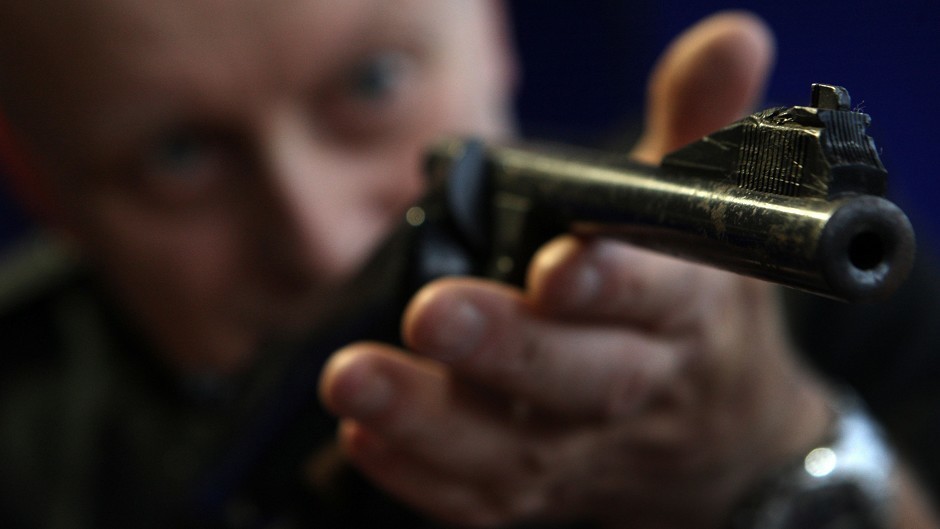MSPs will be asked to approve in principle legislation requiring the licensing of air guns without all the facts, it was claimed last night.
The British Association of Shooting and Conservation (BASC) is up in arms over “missing” data which it believes will show a steep decline in air weapon crimes.
The latest annual statistics on air weapons offences were due to be published last November, but will not be available until October due to “difficulties in collating the data”.
The Scottish Government plans to make it a legal requirement for all air guns to be licensed in the same way as conventional firearms.
Air gun enthusiasts and the shooting fraternity claim the legislation is unnecessary as offences involving air weapons fell by 75% over a six-year period from 683 in 2006-07 to 171 in 2012-13, the lowest level since records began.
The BASC said most offences are “minor ones of criminal damage or trespass”.
It claims the “missing” data for 2013-14 is vital as it will show a further decline in offences and without it MSPs will be making a judgment on the basis of “incomplete evidence” when they vote in the Stage One debate on the Air Weapons and Licensing) Scotland Bill on Thursday.
Colin Sheddon, BASC Scotland director, said for the last 18 years crime statistics have been published in the autumn but the latest ones will be a year late despite Police Scotland referring to those for April to July 2014 in evidence to MSPs.
“We have therefore submitted a freedom of information request to Scottish Government for the missing information,” he said.
“We believe the significant reduction in airgun offences over time demonstrates that airgun licensing is unnecessary.
“The absence of the most recent statistical evidence at this critical stage of the licensing debate is unacceptable. Regulation must be based on solid evidence. Currently MSPs are being asked to legislate with incomplete evidence. They should be in full possession of the facts.”
A Scottish Government spokeswoman said: “Moving from eight police forces with eight different data systems into one police service with one consistent data system was always going to be a highly complex task.
“It is important to get things right and we need to collectively ensure that during that transition period all statistical information continues to be of the highest quality before it is published. That is exactly what we are doing.”
